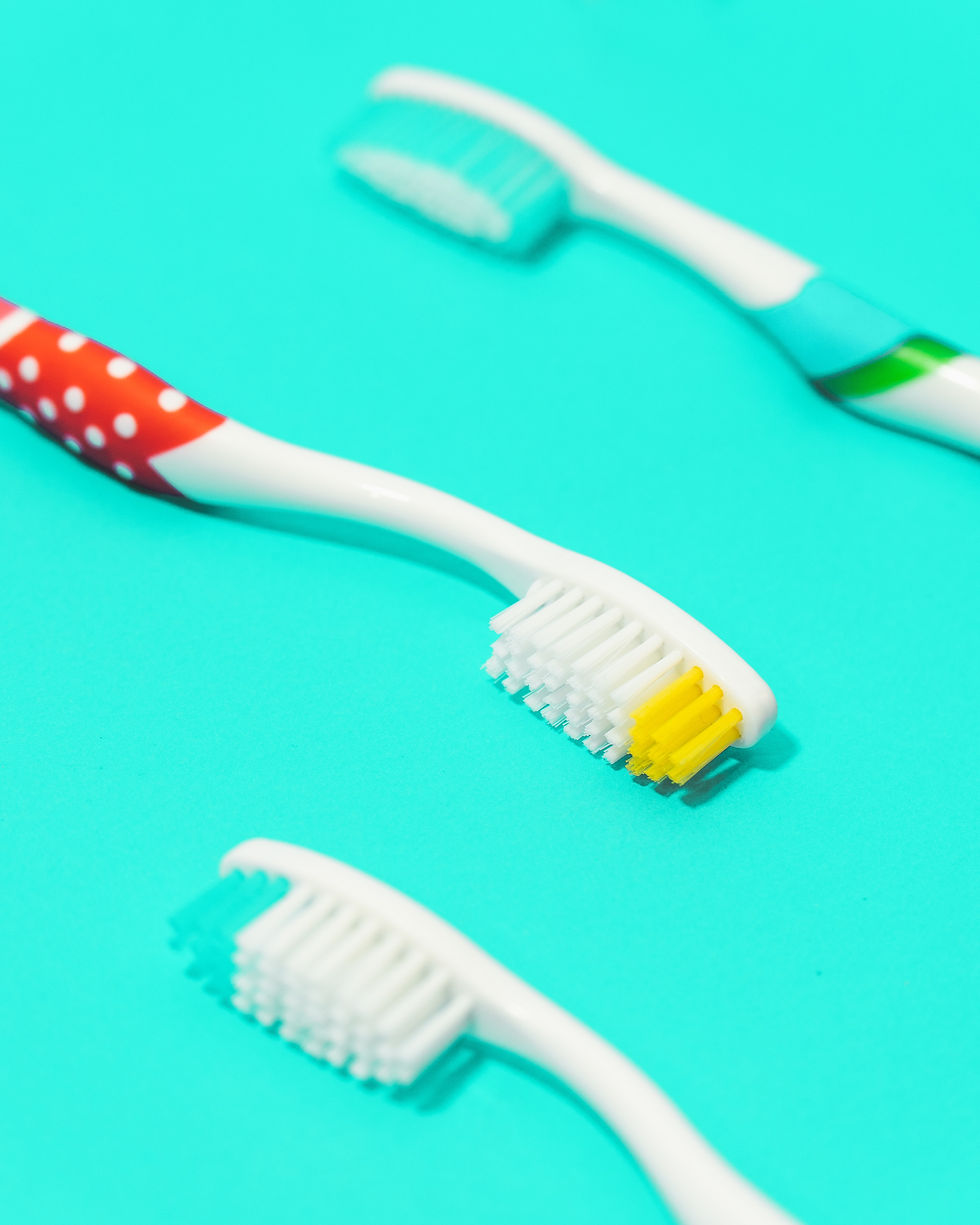The new EYFS framework has added a strand linked to oral hygiene, this comes following an ongoing campaign to improve children’s oral hygiene.
The DFE ‘Help for Early Years Provider’ (https://help-for-early-years-providers.education.gov.uk/safeguarding-and-welfare/oral-health ) explains that this has been included because good oral health habits need to be formed from the earliest age. Tooth decay is largely preventable, but it’s still a serious problem among young children. Nearly a quarter of 5 year olds in England have tooth decay, with 3 or 4 teeth affected on average. Tooth extraction is one of the most common procedures for children under 6 in hospital. Extraction is also the most common reason for hospital admission for children aged 6 to 10. Children from more deprived backgrounds are more likely to have tooth decay.

So, what are the impacts of dental issues for young children and how can we support children and families with this.
Children who have toothache, or need treatment, may have pain or infections. This can have a wider effect and lead to problems eating, sleeping, socialising and learning. When children have toothache they’ll not be able to concentrate to the same level as a ‘well child’. They will most likely be more tired as the pain will make sleeping more difficult and, when children are in pain, they are likely to be more withdrawn therefore not socialising and engaging in interactions with their peers.
How can we help?
As practitioners we must embrace this new guidance - figures suggest that more than 105 children a day have their teeth removed in hospital due to tooth decay.
In June 2017, Public Health England published new guidance ‘Health matters: child dental health’ which sets out clear guidance on how to prevent tooth decay in young people. With children spending an increasing amount of time in childcare, childcare practitioners play an important role in supporting good oral health.
Early years’ settings and schools can help to reduce tooth decay by supporting families with oral hygiene both in setting and at home. Some ways that this could be supported include:

· Reducing foods which contain sugar in the setting and ensuring that fruit is eaten with a drink in primary schools or teeth are brushed afterwards.
· Helping children and families to make healthy food choices – this includes school dinners, packed lunches, snack shops and snacks sent from home.
· Investing in projects or joining projects that are running in the local area to support oral hygiene – these include the ‘brushing bus project’.
· Work with parents to emphasise the importance of oral hygiene – have tooth brushes is settings for after meals – particularly if you offer all day provision.
· Work with local dentists to support oral hygiene – can a dentist run a work shop for parents/carers? Can a dentist visit the school or setting to speak to the children and provide tooth brushes?
· It’s never too soon – reminding parents and future parents that mothers are entitled to free dental treatment during pregnancy – this will then encourage them to visit the dentist.
· It’s never too early to start using a tooth brush – encouraging parents to give babies a toothbrush after their final bottle and encouraging brushing.
· Remind parents that the dentist is free for children – two thirds of London parents surveyed* didn’t know this (Children dental health campaign)
· Engage in local oral hygiene initiatives – these will vary depending on your county but include projects such as the ‘brush bus project’ in some areas such as Hull and Plymouth and the ‘saving smiles’ project in Solent. You can enquire to your local authority oral hygiene team to see what projects are running in your area.
Some useful books and links to support families and settings with oral hygiene include:
Tusk trouble by Jane Clarke & Cecilia Johansson
Maisy, Charley, and the wobbly tooth by Lucy Cousins
My wobbly tooth must not ever NEVER fall out by Lauren Child
How To Brush Your Teeth With Snappy Croc By Jane Clarke and Georgie Birkett
Dental health - https://www.dentalhealth.org/
National smile – https://www.dentalhealth.org/national-smile-month
Pacey – oral hygiene - https://www.pacey.org.uk/working-in-childcare/spotlight-on/oral-health/
NHS - https://www.dentalhealthcareeoe.nhs.uk/services/oral-health-improvement/early-years/ - with links to Dr Raj looking after your teeth.

Comments